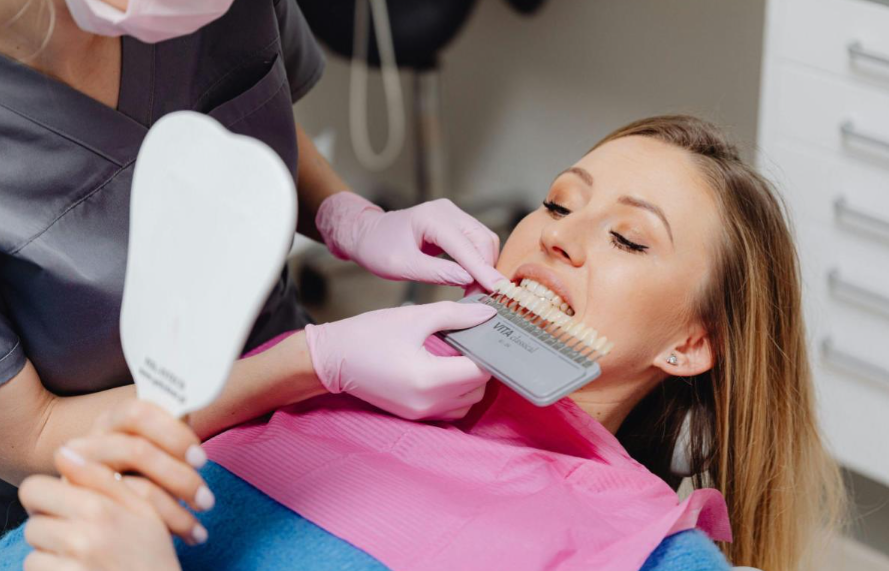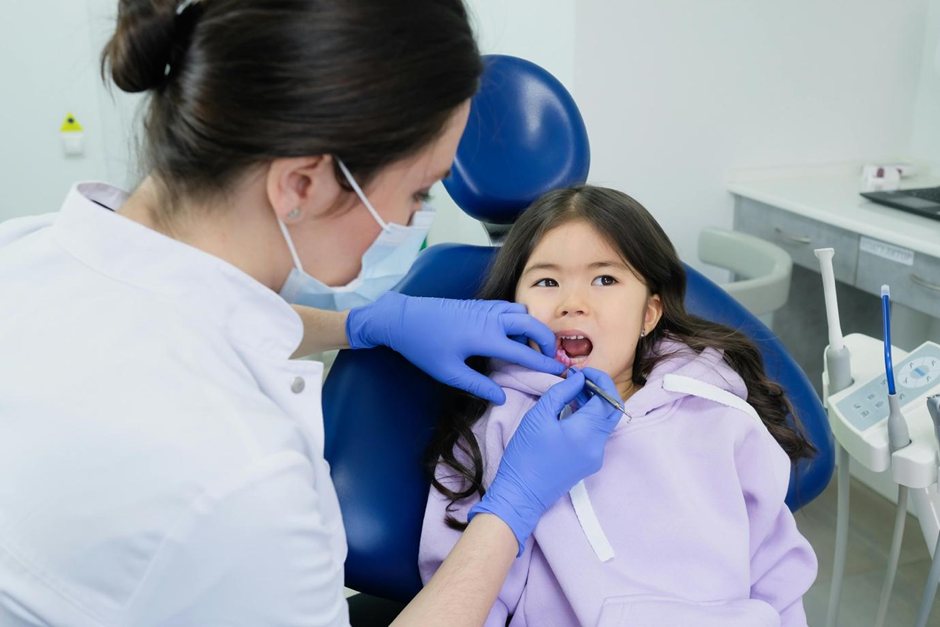Vitamins And Minerals For Healthy Mouth
Oral Health
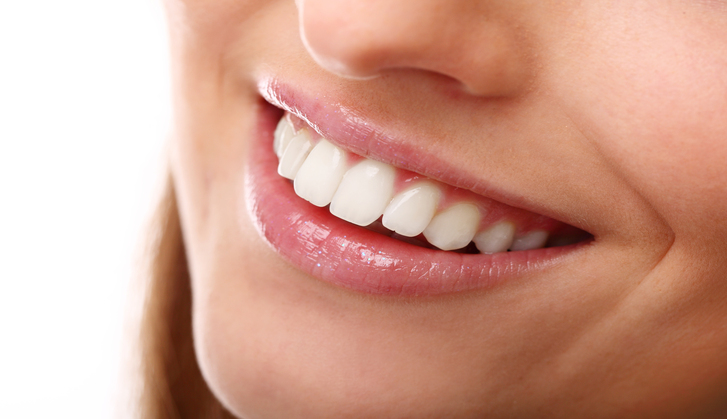
Table of Contents
As the saying goes, “You are what you eat”.
Vitamins and minerals are essential nutrients required for the proper functioning of the human body. These are also necessary for having healthy teeth and gums. Let us look into a few of them.
Calcium
Calcium is essential for the growth and development of strong bones and teeth. Sources of calcium include milk, cheese, dairy products, broccoli, green leafy vegetables, salmons, and sardines. Calcium also aids in the remineralization of the tooth surface. The presence of calcium in saliva facilitates the repair of weakened enamel. Studies have proven that insufficient dietary intake of calcium can result in more severe gum disease. It has proven to help decrease tooth mobility and gum inflammations.
Phosphorus
Phosphorus is necessary for the proper absorption of calcium in the body. Hence it is required for the maintenance of healthy teeth, gums, and bones. Dairy products, seafood, and vegetables contain sufficient amounts of phosphorus. In general, it helps the body to make protein for the growth and repair of cells.
Vitamin D
Vitamin D boosts bone mineral density. It also aids in the absorption of calcium and phosphorous and regulates its balance. The cholesterol in the body gets converted to Vitamin D when the body undergoes sunlight exposure. In children, Vitamin D deficiency can induce defective tooth formation. Many studies have proven that vitamin D deficiency is associated with a higher risk of tooth defects and gum disease.
Vitamin C
Vitamin C helps in the synthesis of collagen and also acts as an antioxidant. Consuming a diet rich in citrus fruits and vegetables will top up the needs of the body. Vitamin C deficiency leads to scurvy, and its oral manifestations include gingivitis, bleeding gums, loosening of teeth, poor wound healing, etc.
Potassium
It aids in the strengthening of bones and teeth by improving density. Healthy sources are bananas, green leafy vegetables, milk, avocados, etc.
Vitamin A
The deficiency of Vitamin A is detrimental to dry mouth and gum disease. A dry mouth can lead to the possibility of having more tooth cavities. It assists in the prevention of developmental abnormalities of teeth. Rich sources of Vitamin A are carrots, broccoli, liver, fish squash, etc.
Vitamin K
Vitamin K is an essential nutrient that works with calcium and Vitamin D. Spinach, asparagus, broccoli, soybeans, eggs, and liver are the sources of Vitamin K. It is also essential for the blood clotting mechanism of the body.
Vitamin B complex
Vitamin B deficiency can cause chapping and fissuring of lips, swollen red tongue, ulcers, etc. Canker sores on the tongue, the inner surface of cheeks and lips are something all of us have experienced at least once in our lifetime. Vitamin B complex supplements help get relief from such health conditions. Top natural sources are meat, fish, eggs, spinach, kale, etc.
Iron
The deficiency of iron leads to anemia. Due to anemia, the gums and inner surface of the oral cavity may appear pale in color. Also, the tongue may be swollen and red. Healthy sources are green leafy vegetables, legumes, red meat, liver, shellfish, etc.
Vitamin E
Vitamin E has antioxidant and anti-inflammatory properties that promote gum healing. Its role in the treatment of various oral precancerous lesions is gaining importance. Sources of Vitamin E are vegetables, oils, nuts, cereals, etc.
Fluoride
Fluoride strengthens the outer layer of the tooth called enamel. It also helps in the prevention of dental caries. It can reverse early tooth decay. Community-based water fluoridation, professional application, and usage of fluoridated toothpaste and mouthwashes as recommended by your dentist ensure adequate availability.
Healthy sources are generally enough to ensure an adequate supply of vitamins and minerals. Having said so, some of us may require dietary supplements to maintain balance. Scheduling a regular dental consultation helps in the early detection and prevention of dental problems like cavities and dry mouth and aids in detecting systemic conditions with oral manifestations caused by these deficiencies. As some of the dietary supplements may interfere with the medications prescribed for you, you must discuss them with your dentist. Dietary advice given by your dentist is vital in the prevention of oral diseases.
Book an Appointment With Your Doctor NOW!
Ready for a brighter smile? Schedule your appointment with Dr. Paul’s Dental Clinic today and experience exceptional dental care.
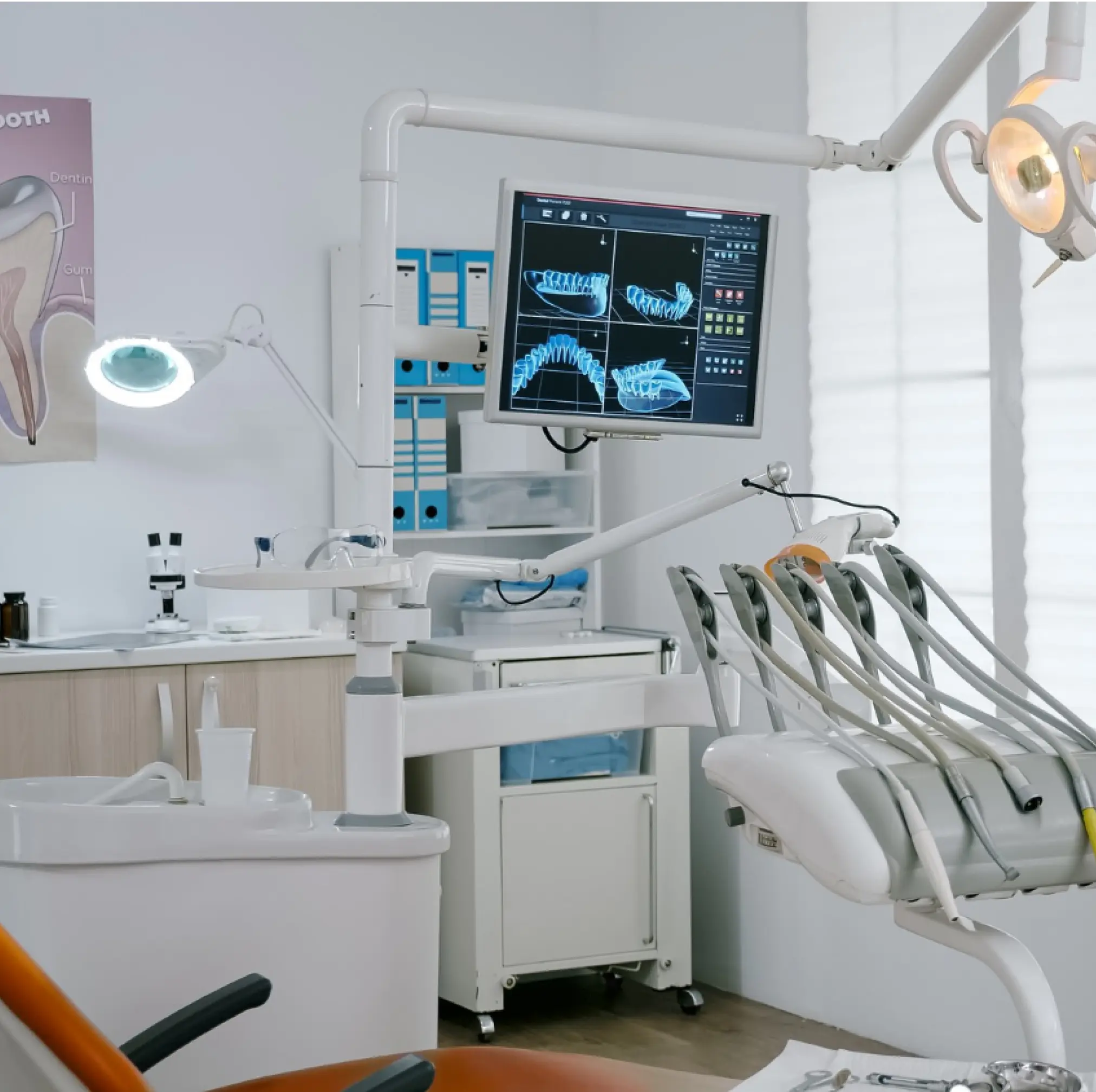

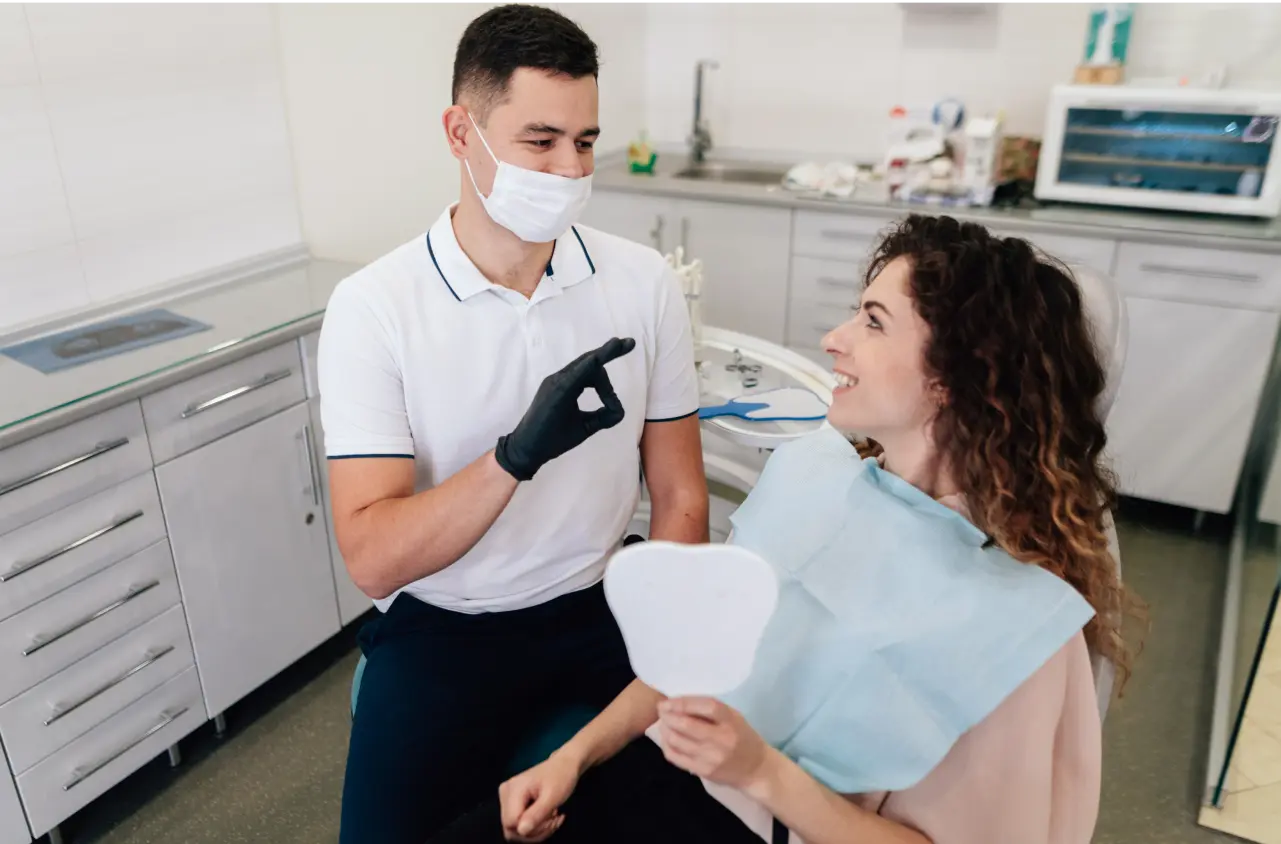
 Dr. Samia Nadim Houssein
Dr. Samia Nadim Houssein 